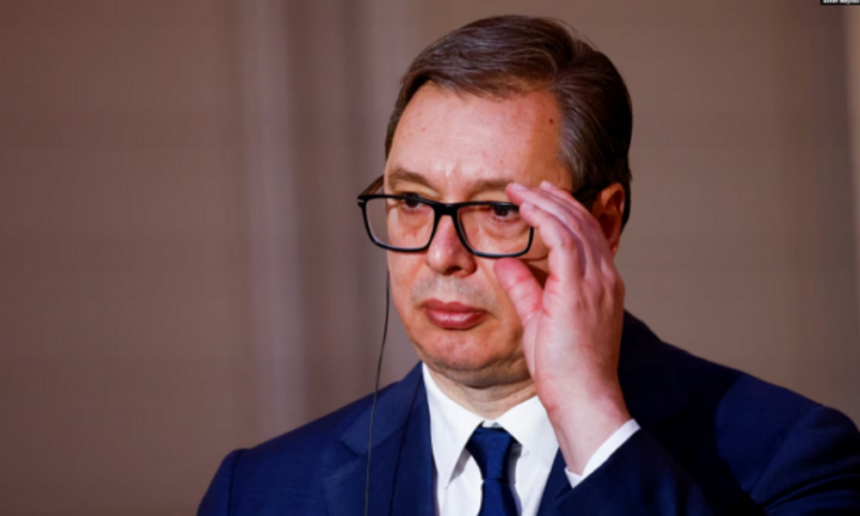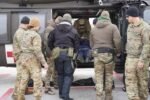In a recent interview with BBC’s Stephen Sackur on the Hard Talk program, Serbian President Aleksandar Vučić discussed a range of topics, from Kosovo and Srebrenica to Serbia’s relationship with Russia and the future of the Balkans.
Vučić Refutes BBC Claim that Serbia De Facto Recognizes Kosovo
One of the most contentious points in the interview was when Sackur mentioned that Serbia de facto recognizes Kosovo. Vučić strongly denied this claim, asserting, “We have never recognized Kosovo. This has never been said or written.” He emphasized Serbia’s ongoing commitment to living in peace, but also stated that Kosovo’s independence remains a point of contention, especially as Serbia continues to uphold its territorial integrity.
On Serbia’s Role in the Balkans and Srebrenica
When asked about his past involvement with radical groups during the breakup of Yugoslavia, Vučić acknowledged that he was once committed to the idea of a “Greater Serbia” but clarified that he has since changed his views. “I accept that I have changed, but I do not agree with you on who is responsible for the problems in the Balkans,” Vučić said.
On the topic of Srebrenica, he acknowledged the tragedy, stating, “I have always been ready to acknowledge that Srebrenica was horrible.” However, he refrained from engaging in discussions that could create new political problems.
Serbia’s Relationship with Russia and the West
Vučić further addressed Serbia’s position in global politics, specifically regarding its partnership with Russia. He reaffirmed that Serbia will not abandon its relationship with Russia, despite the pressure from the European Union for Serbia to recognize Kosovo as a condition for EU membership. “I always speak the truth when I talk to representatives of other countries,” he said, emphasizing that Serbia’s ultimate goal is EU membership, but not at the expense of its ties to Eastern partners like Russia.
Serbia’s Future and EU Membership
When questioned about whether Serbia would align itself more closely with the EU or Russia and China, Vučić reiterated that Serbia’s strategic aim is EU membership, but that it will not sever its important relationships with Russia and China. He concluded, “I am proud to sit in the Serbian chair,” referring to his nation’s position on the global stage.
Vučić’s Focus on Economic Progress
In his closing remarks, Vučić underscored that his focus is on Serbia’s economic advancement and improving normal relations with other countries. “Our goal is progress,” he said, while emphasizing that Serbia will continue to work towards a peaceful future without sacrificing its core interests.







